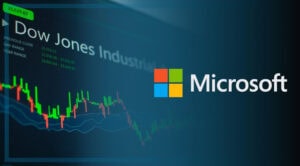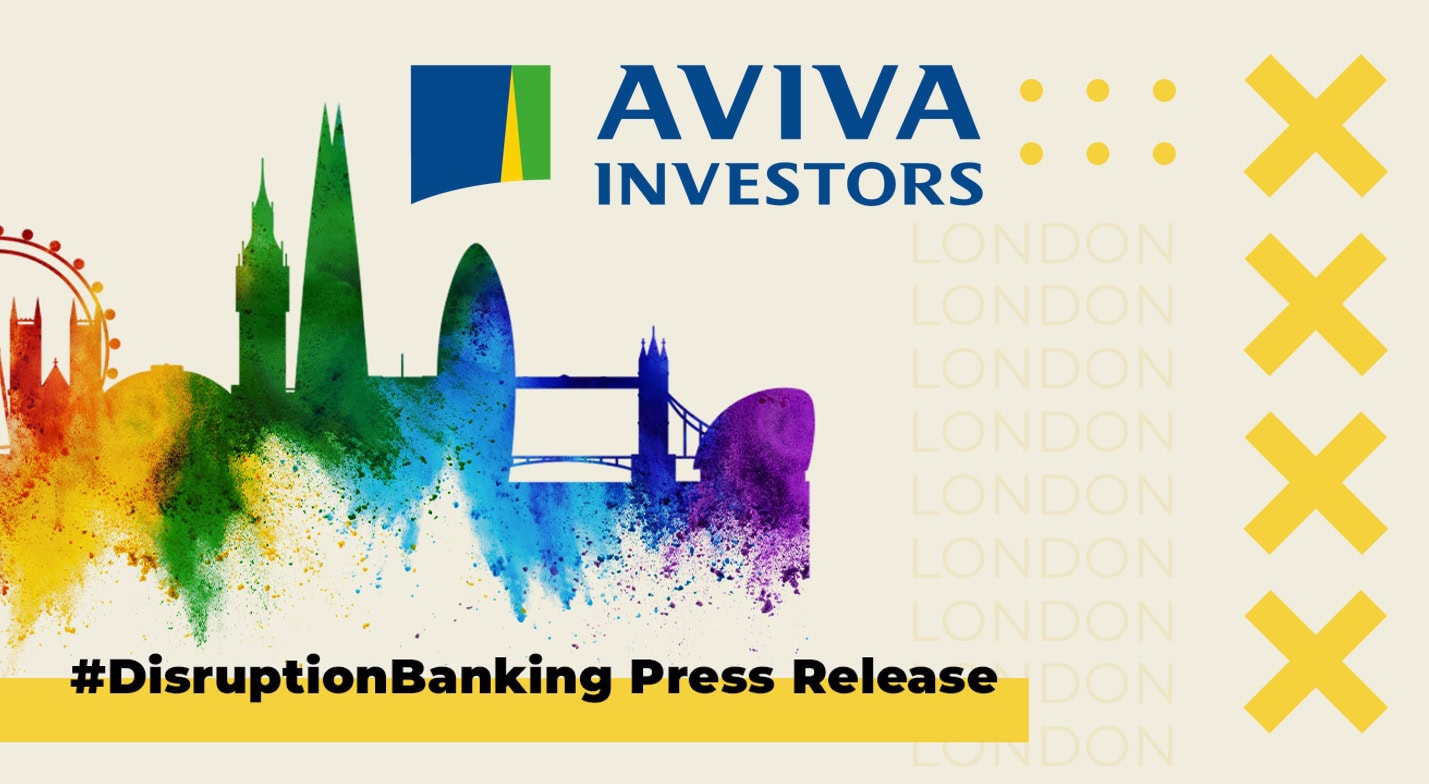Less than two months ago, Delaware Governor Matt Meyer told CNBC that his state was the undisputed global leader in corporate incorporation. Delaware is home to 2.2 million companies, more than double its population.
He dismissed U.S. rivals.
He downplayed the exodus of Tesla and Dropbox.
The governor added how competition came from London, Singapore, the Caymans. Not Texas.
Today, Coinbase filed to reincorporate in Texas.
And the Governor’s words are starting to sound like wishful thinking.
Elon Musk’s Pay Package
If you haven’t heard about Elon Musk’s $58 billion pay package, then allow us to remind you. First, he had the payment approved in Delaware. However, the local Court of Chancery later decided that this payment (which was for his work in 2018) was unlawful. Instead of being open to any further compensation packages, the judicial system of Delaware sent a much louder message to the Tesla founder. It led to him moving the company to Texas where he already had a large operation.
As Elon Musk doesn’t draw a salary this put him in a difficult situation. According to the Governor of Delaware the court system in the First State is not to blame. According to Elon Musk though, it is.
What Happened in Delaware to Make Coinbase Move to Texas?
There has been a lot of noise in the press today about Coinbase leaving Delaware. One thing that stood out in the message that was published by Paul Grewal, Chief Legal Officer of Coinbase, was how “it was a shame that it has come to this, but Delaware has left us with little choice.”
It wasn’t an easy decision for Coinbase.
Coinbase has always been about increasing economic freedom, and this factors into the state where we choose to incorporate. Texas has a strong culture of celebrating builders who are growing our economy, creating prosperity for all. They've also embraced crypto.
— Brian Armstrong (@brian_armstrong) November 12, 2025
By this metric,… https://t.co/os2RWBqlB3
Could part of the reason be a rise in activist rulings? Delaware was once the gold standard for corporate law: predictable, expert judiciary, and a century of precedent that made it the default for U.S. public companies. Are the protections offered directors and management still the “gold standard” or has the renowned business judgment rule that the state is famous for finally losing its edge?
What is the Business Judgment Rule?
The business judgment rule (BJR) is a cornerstone of U.S. corporate law that is designed to shield directors and officers from personal liability when making decisions. In essence, if directors act honestly, do their homework, and aim to help the company, courts won’t punish them for bad outcomes.
The problem is that Musk and Grewal, as well as other corporate lawyers, argue that Delaware is eroding the BJR in practice through judicial overreach and legislative half-measures. This erosion is leading to a lack of confidence in whether a director of a company is shielded from personal liability anymore.
In the case of Tornetta vs Musk in 2024 the judge ruled it “unfair” to shareholders to pay Musk. In effect the judge overrode the board and the majority vote. Grewal shared with WSJ how “Delaware courts have begun substituting their own judgment for that of directors and shareholders—even when the business judgment rule should apply.”
If Delaware continues down this path, then the Governor will have to start worrying about growing competition from within the U.S. The mass of Fortune 500 companies currently incorporated in Delaware are certainly taking note. Some of them may favour Texas, others will look at Nevada or Florida. And, if Delaware’s Governor and legislature doesn’t address the problem fast, there may be fewer corporate entities registered in the state by the end of the decade.
Coinbase and Tesla won’t be the only high-profile companies to move to Texas in 2025 if things continue as they are. They will be the vanguard of a movement that has already seen companies move from California to Texas. Now companies are moving to Texas from Delaware too.
Author: Andy Samu
See Also:
Is Texas Coming for Delaware’s Fortune 500 Empire? | Disruption Banking
Block & Coinbase in S&P 500: is this the Rise of Crypto? | Disruption Banking
















